Connecticut Introduces Chemical Legislation that Could Impact the Mattress Industry
Connecticut has introduced two bills that may potentially affect the mattress industry:
CT SB 128 is an unusual bill that would require the state’s Commissioner of Consumer Protection to enter into an interstate agreement with New York and other New England states to prohibit the sale and distribution of children’s products containing organohalogen flame retardant chemicals. The bill defines “children’s products” as “a product, designed or intended primarily for use by or for children twelve years of age or younger,” including but not limited to crib mattresses, nursing pillows, and changing pads, but contains no adult mattress exemption. In addition, the bill does not define “organohalogen flame retardants,” other than refer generally to chemicals that contain bromine and chlorine bonded to a carbon that is added to a plastic, foam or textile. Interestingly, although the bill seeks to create an interstate agreement regulating these chemicals, the bill itself does not restrict the use of organohalogen flame retardants in products sold or distributed in the state.
CT SB 292 would restrict the use of intentionally added PFAS in consumer products. If enacted, this bill would cover mattresses, since it would prohibit the sale and distribution of textiles, fabric treatments, upholstered furniture and juvenile products that contain intentionally added PFAS effective January 1, 2026. Further, it would prohibit the sale and distribution of all consumer products that contain intentionally added PFAS effective January 1, 2032. Companies that manufacture products containing intentionally added PFAS also must submit specified information to the Connecticut Department of Environmental Protection by January 1, 2027.
ISPA will continue to monitor and provide updates on both bills as they move throughout the legislative process.
ISPA has updated a chart that analyzes these bills in further detail, available for ISPA members only.


